Get Involved
There are so many ways you can help make a difference in the lives of patients and families today.
Find the educational and support tools you need right here.
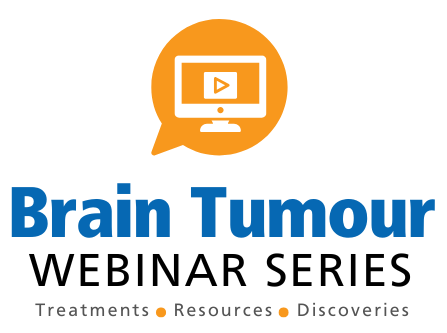
Welcome to our free webinar series—designed for anyone impacted by a brain tumour, including patients, survivors, caregivers, and volunteers, as well as health-care professionals and researchers looking to deepen their understanding of the disease.
These sessions explore a wide range of topics such as neuro-oncology, neurosurgery, research advancements, psychosocial oncology, mental health and caregiver support.
To stay up to date on upcoming webinars and schedule changes, we invite you to subscribe to our newsletter.
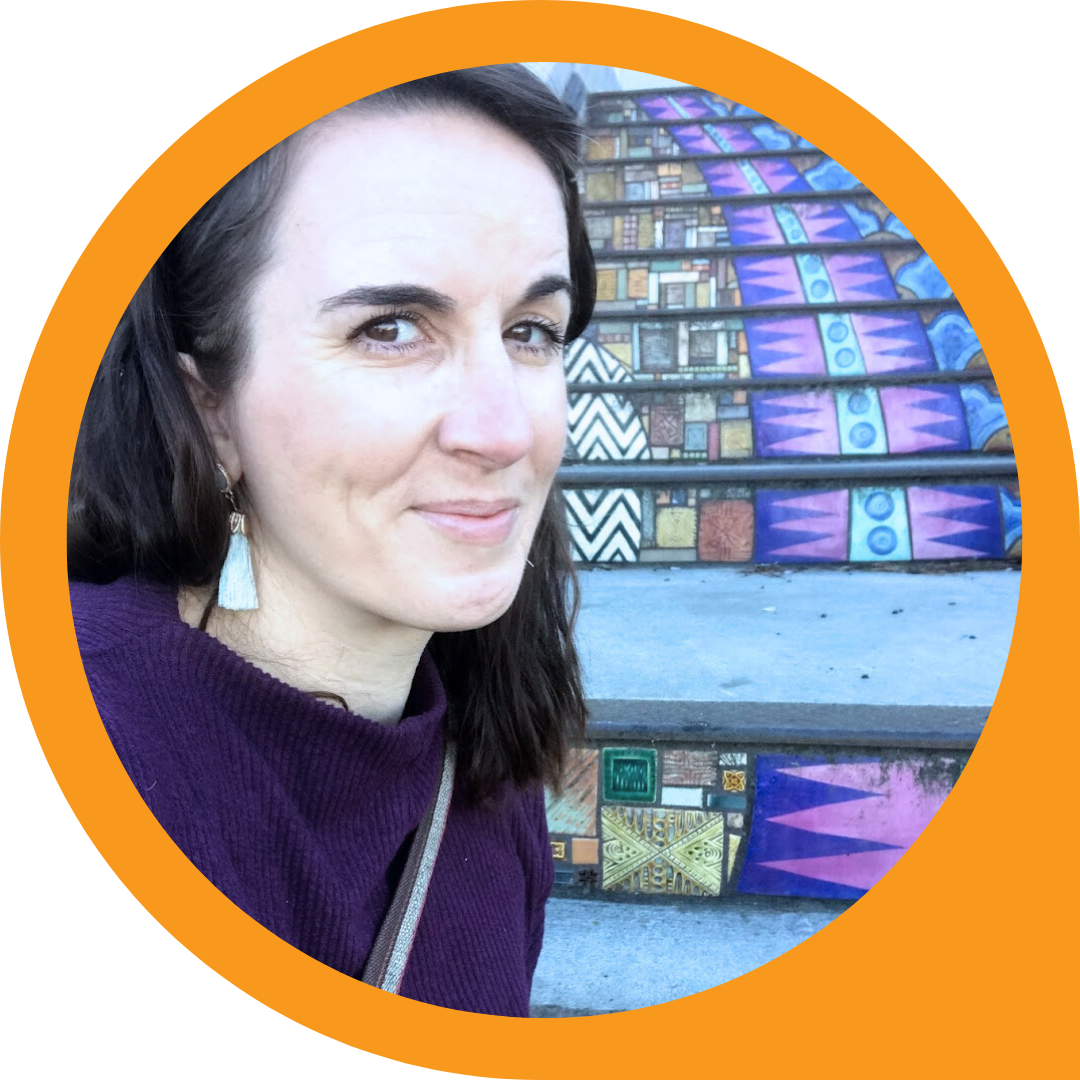
Presented by: Susannah Juteau, Registered Dietitian, Ottawa Cancer and Lymphatics Center
Date: August 13, 2025
Time: 12 p.m. to 1 p.m. EST
Discover how the foods you eat can power your brain! In this presentation, we’ll explore 10 simple, science-backed steps to nourish your brain, boost memory, support mood and improve focus, naturally. Whether you’re looking to sharpen your thinking, reduce brain fog, help reduce chances of recurrence, or simply feel your best, these practical nutrition tips will help you take care of your brain “one bite at a time”.
Learning Objectives:
Speaker bio:
A brain tumour diagnosis can make the world of nutrition even more confusing and overwhelming than it was before. Add some Netflix documentaries to that, and you can be left in total fear of food. Susannah Juteau‘s primary goal as a Registered Dietitian is to help you navigate the overwhelming amount of information by separating fads from facts. This way, you can create a personalized diet plan tailored to your preferences, lifestyle, budget, sensitivities and more.
Following a 10-hour brain surgery to remove a benign brain tumour back in 2013, Susannah suffered with constant, debilitating headaches, out-of-whack hormones and completely sapped energy levels. She felt a lack of control and that her body had betrayed her. After trying everything and attending every possible appointment, she almost gave in to the advice of “just accept it.” Then, she had a moment of clarity. None of the health professionals ever discussed nutrition with her. She drew on her background in Neuroscience and Nutrition and dove deep into the research, beyond the generic nutrition information. She now devotes her expertise to helping others navigate, not only what to eat, but also when to eat it, so that they can find their glow and feel like themselves again.
Nutrition has a profound impact on repairing gut health, enhancing mental clarity and reducing fatigue, and aiding in coping with stress. A properly tailored plan can also reduce your risk of recurrence and improve medication side effects. Let’s bust through some biases and peel away the fear tactics to leave you with a healthy, balanced approach to feeding your body.
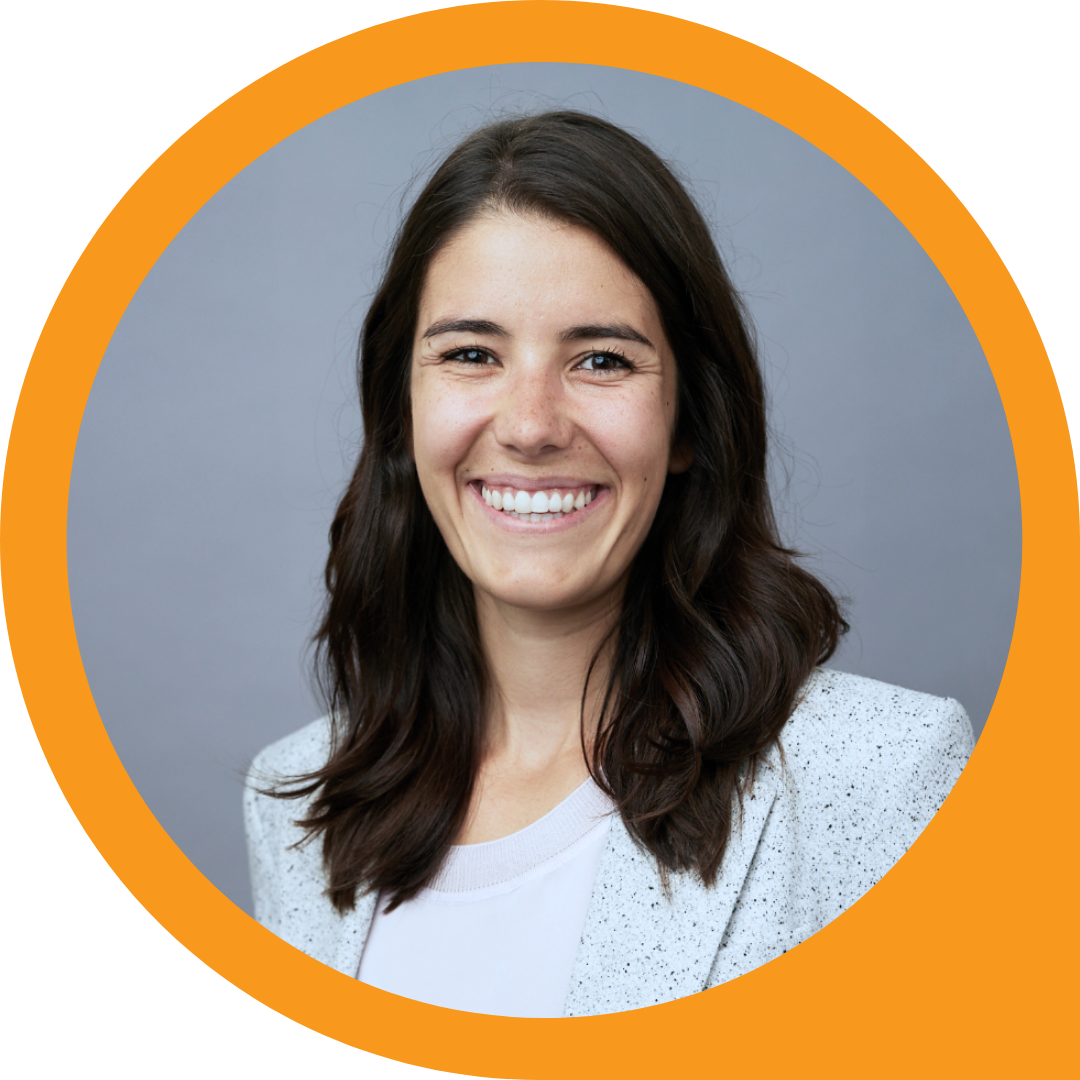
Presented by: Dr. Angela Sekely, Neuropsychologist, Department of Supportive Care, Pencer Brain Tumour Centre, Princess Margaret Cancer Centre
Date: September 24, 2025
Time: 12 p.m. to 1 p.m. EST
Cognitive symptoms are common among individuals living with brain tumours and can significantly affect daily life and well-being. This webinar will explore cognitive symptoms that may occur, such as difficulties with memory, attention and communication. The underlying causes of these symptoms will be reviewed, including the impact of the tumour on the brain and the effects of treatment, such as surgery, radiation, and chemotherapy. Evidence-based strategies and practical tools will be presented to help individuals manage cognitive challenges and support quality of life.
Learning Objectives:
Speaker bio:
Dr. Angela Sekely is a neuropsychologist at the Pencer Brain Tumor Center and Pediatric Aftercare Program at the Princess Margaret Cancer Centre. Her clinical practice encompasses neuropsychological assessment for adults with primary brain tumours and adult survivors of pediatric cancers. Angela is involved in the clinical supervision of graduate students and research. Her research focuses on investigating the effects of cancer and its treatment on cognitive, psychological, and functional outcomes, and ways to help improve functioning.
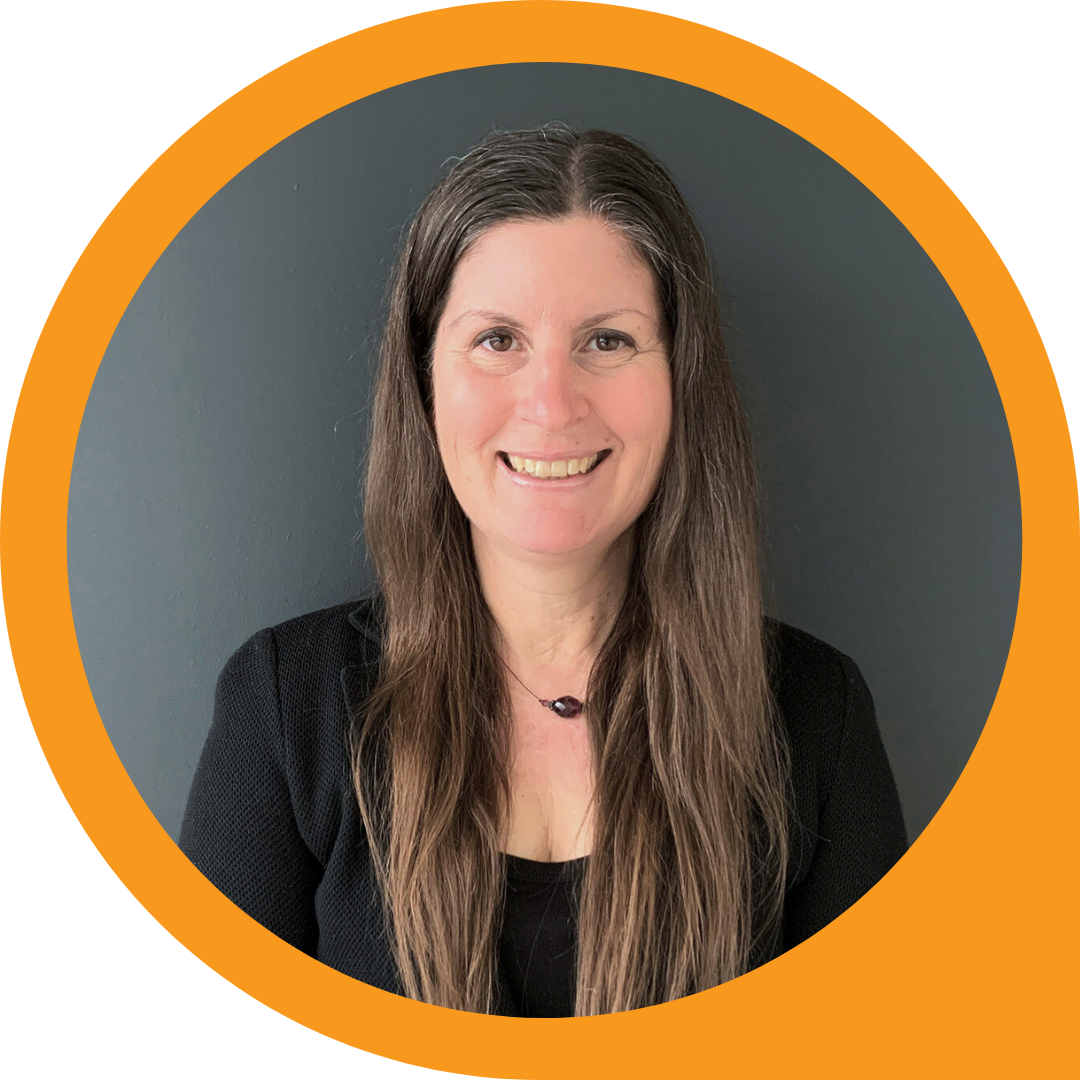
Presented by: Dr. Dawn Richards, Director of Patient and Public Engagement, Clinical Trials Ontario
Date: June 11, 2025
Have you ever wondered what clinical trials are, or are you not quite sure about them? Come learn about what clinical trials are and why they’re done. If you’re thinking about participating in a clinical trial, learn more about what your rights are as a participant and some questions you might consider or ask before you make your decision. There will be plenty of time to ask any questions you have as well.
Learning Objectives:
Speaker bio:
Dawn Richards, PhD, is the founder of Five02 Labs Inc., and Director of Patient and Public Engagement at Clinical Trials Ontario. With a PhD (Analytical Chemistry) from the University of Alberta, and experience in a variety of roles over the past 20 years, it is her diagnosis with rheumatoid arthritis in 2006 that started her journey to combine her passion for science with making the most of her diagnosis. In her role at CTO, Dawn is charged with executing on CTO’s strategic pillar of patient and public engagement.
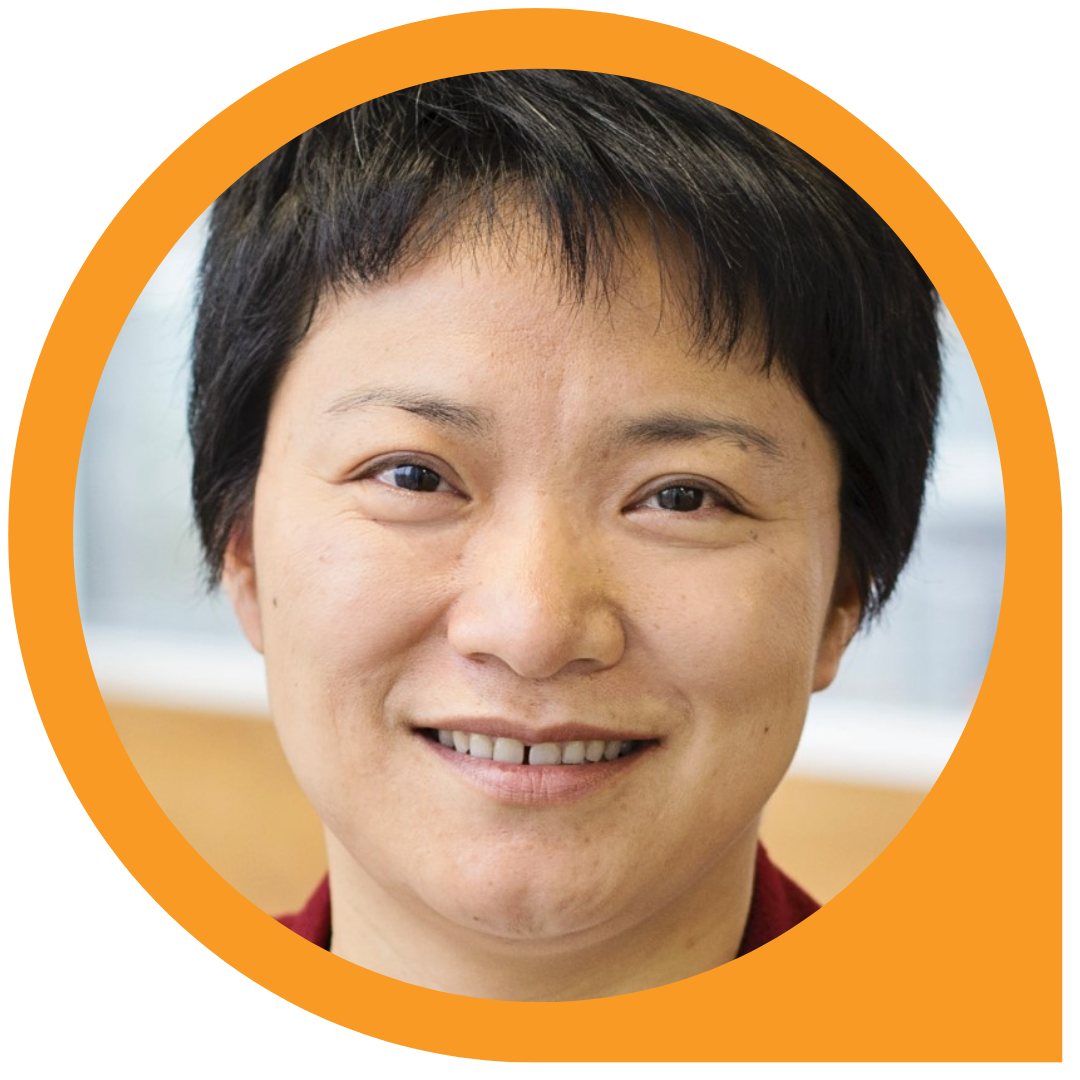
Presented by: Dr. Yuan, professor at the University of Alberta’s School of Public Health
Date: May 21, 2025
Metastatic brain tumours or brain metastasis (BM) occur when cancer cells spread from other parts of the body to the brain. Although brain metastases are more frequent than primary brain tumours, we still don’t have a clear picture of when, how often and in whom they occur after a cancer diagnosis, across the population.
In a recent study, Yan’s team developed artificial intelligence tools, specifically Natural Language Processing (NLP) algorithms based on the BioBERT model, that were trained to label brain metastases (BM) in radiology reports and to predict the occurrence of BM in cancer patients in Alberta from 2012 to 2022.
In this webinar, Yan will discuss how they trained and tested these AI tools, how well they performed and some initial findings about the predicted frequency of brain metastases in the population.
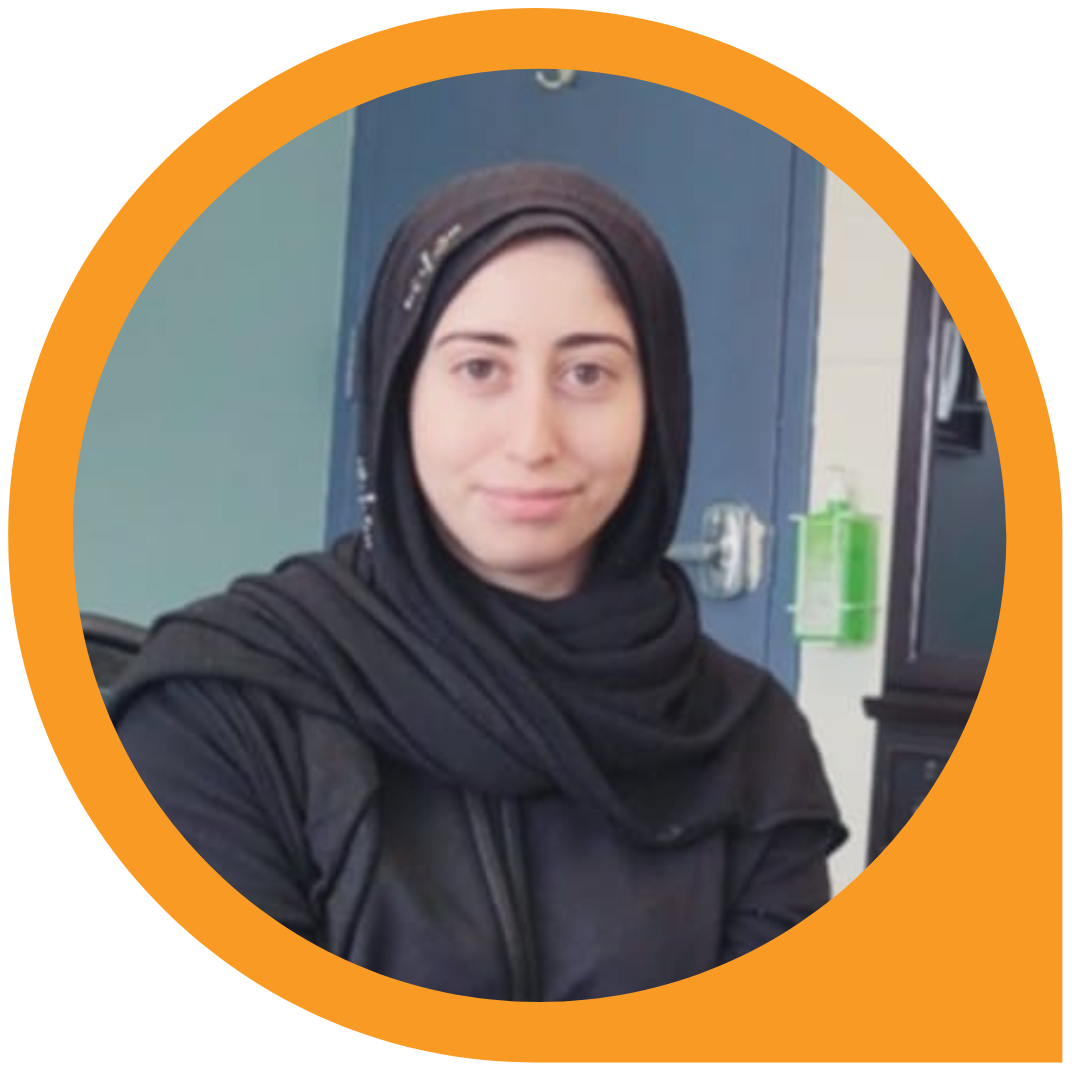
Presented by: Nour Nafisa, Naturopathic Medical Graduate
Date: April 23, 2025
This presentation provides an in-depth look at evidence-based nutrition and lifestyle strategies to support individuals with brain cancer—whether they are undergoing active treatment, in recovery, or aiming to prevent recurrence.
Grounded in current research, the session explores how dietary interventions, physical activity, stress management, and sleep optimization can not only improve overall well-being and clinical outcomes but also help address common treatment-related side effects such as fatigue, nausea, appetite changes, cognitive challenges, and inflammation.
Attendees will gain practical tools to incorporate these integrative strategies into patient care plans. Ideal for patients, caregivers and advocates seeking a holistic, science-backed approach to brain cancer support.
